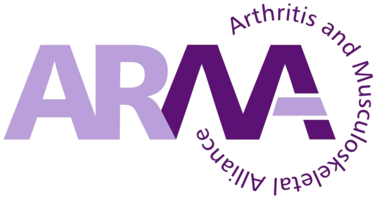 Children with a musculoskeletal condition and their parents are understandably concerned about coronavirus (covid-19) and their wellbeing. The following websites may be useful.
Children with a musculoskeletal condition and their parents are understandably concerned about coronavirus (covid-19) and their wellbeing. The following websites may be useful.
Scottish Paediatric and Adolescent Rheumatology Network (SPARN)
Information for parents and patients on children and young people and Coronavirus (Covid-19):
https://www.sparn.scot.nhs.uk/wp-content/uploads/2020/03/20-03-24-COVID-patient-information-SPARN.pdf
Children’s Chronic Arthritis Association (Kids with Arthritis incorporating JIA Matters)
Facebook group:
https://www.facebook.com/CCAAorguk/

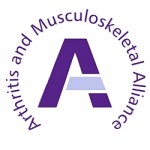
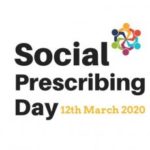
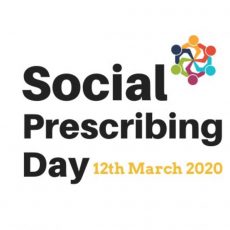 Mr Jones is 72 today. A few years ago, he would have celebrated with friends in the pub, but now the pain in his back makes is hard to go out and he gets tired quickly. So, he’s at home watching TV while his wife cooks a meal. He spends a lot of time watching TV and his back seems to be getting worse, but his GP says there is nothing she can do for him but being more active will help.…
Mr Jones is 72 today. A few years ago, he would have celebrated with friends in the pub, but now the pain in his back makes is hard to go out and he gets tired quickly. So, he’s at home watching TV while his wife cooks a meal. He spends a lot of time watching TV and his back seems to be getting worse, but his GP says there is nothing she can do for him but being more active will help.… 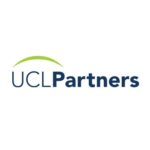
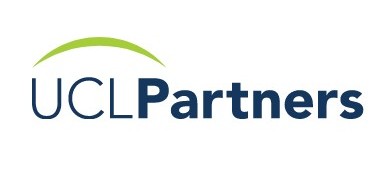 The NHS Long Term Plan includes commitments to remove the need for up to a third of outpatient appointments over the next five years, saving patients 30 million trips to hospital and the NHS more than £1 billion a year in new expenditure, and to continue to provide patients with a wide choice of options for quick elective care. ARMA hosted a
The NHS Long Term Plan includes commitments to remove the need for up to a third of outpatient appointments over the next five years, saving patients 30 million trips to hospital and the NHS more than £1 billion a year in new expenditure, and to continue to provide patients with a wide choice of options for quick elective care. ARMA hosted a 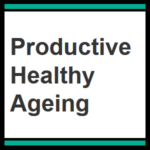
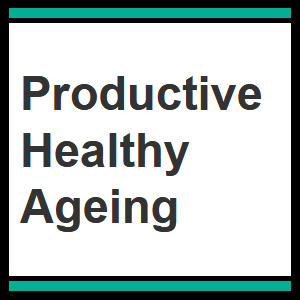

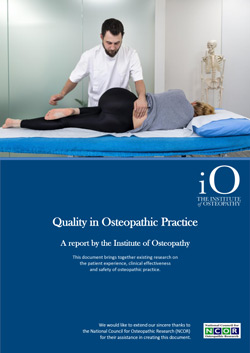
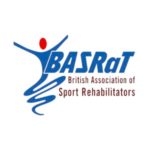
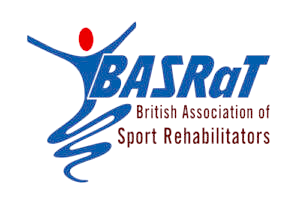 BASRaT registrar Ollie Coburn has produced a short video illustrating his profession.
BASRaT registrar Ollie Coburn has produced a short video illustrating his profession.
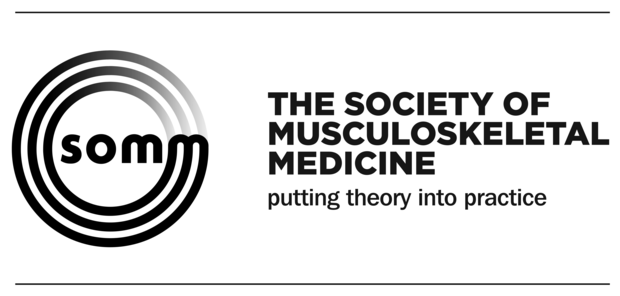
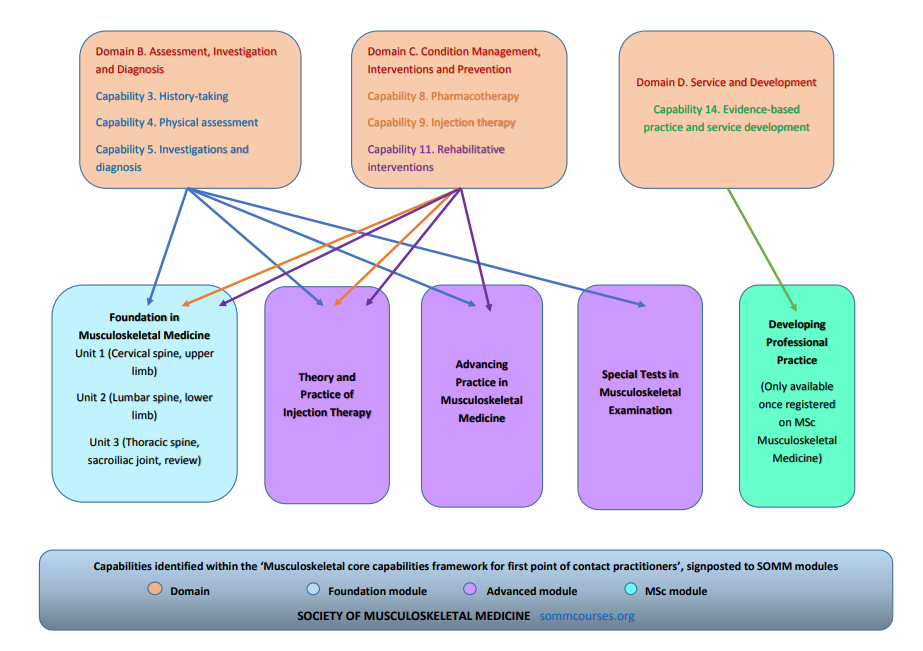

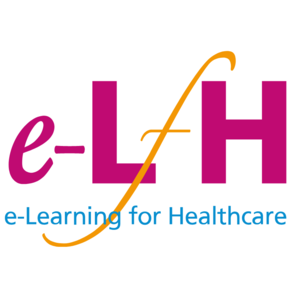 Health Education England e-Learning for Healthcare (HEE e-LfH) has worked with Public Health England and Sport England to launch a new physical activity e-learning programme to help healthcare professionals to champion physical activity with patients.
Health Education England e-Learning for Healthcare (HEE e-LfH) has worked with Public Health England and Sport England to launch a new physical activity e-learning programme to help healthcare professionals to champion physical activity with patients.